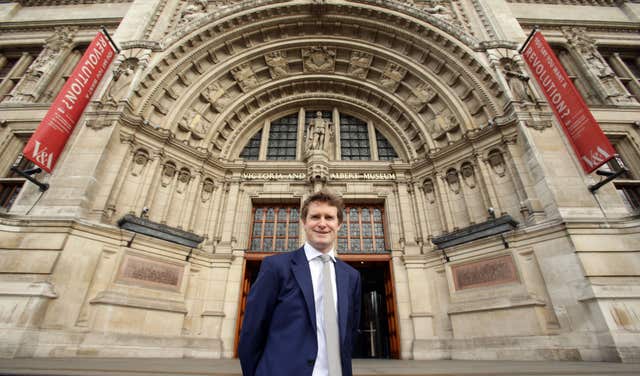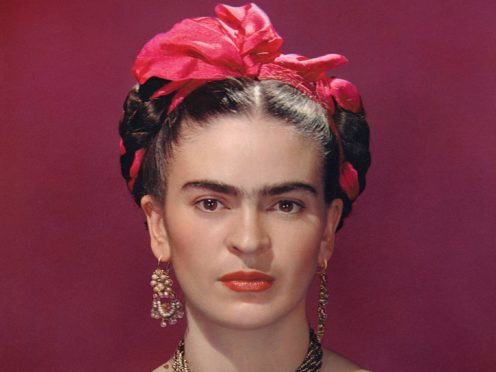The Victoria & Albert Museum shop has enjoyed its most successful year ever, thanks in part to communist Frida Kahlo.
Self-portraits and photographs, outfits, letters, jewellery, cosmetics and medical corsets were on display at the exhibition on the life of the Mexican painter.
The V&A’s main shop had record takings, grossing £7.3 million in 2018/19, a 30% increase on the previous year.
The museum said that “retail activity associated with Frida Kahlo: Making Her Self Up was exceptionally successful”.

V&A director Tristram Hunt dismissed the notion that the artist would disapprove.
“I think she’d be so delighted because our head of retail worked incredibly hard to source items from local makers and designers in Mexico,” he told the PA news agency.
“We were working with local trade associations, ethical makers and buyers to source really great products, that’s why it sold so well.
“It was the quality of the indigenous Mexican design … which worked so well.
“Most people who make things want to sell them, so I think she’d be delighted.”

The figures were revealed as galleries and museums come under increasing funding pressure, with the spotlight on their choice of sponsors.
The V&A received financial support from the Sacklers, which announced in March it was pausing all new giving as it faced legal cases amid the opioid drugs crisis in the US.
“We have had strong support from the Sackler family … we’re not going to be taking names down or denying the past,” Hunt said.
And earlier he told BBC Radio 4 programme, Today: “We’re proud to have been supported by the Sacklers.”
In March, a £1 million donation from The Sackler Trust to the National Portrait Gallery was cancelled, while Tate also stopped donations from the family.
Other new exhibitions announced on Wednesday include a “theatrical staging” of Alice In Wonderland detailing the story’s “origins, adaptations and reinventions over 157 years”, and a show on bags, with the V&A in talks to display Baroness Thatcher’s handbag.

The V&A will turn the spotlight on 5,000 years of art, design and culture from ancient, Islamic and contemporary Iran.
Hunt said changing political relations with Iran made negotiations for the exhibition, Epic Iran, difficult.
“Every week it becomes more challenging but that means every week it’s more important to do … ,” he said.
“It seems to be more valuable as the sanctions, as the militaristic language (increases) that we think about broader narratives,” he said.
